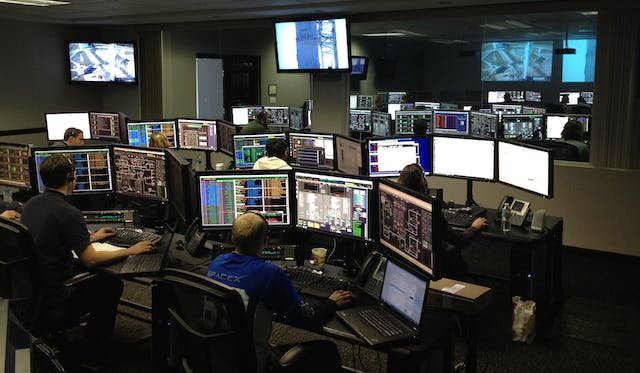A space job appeals to people who have an insatiable curiosity about cutting-edge technology and a strong desire to explore the immense expanse of the cosmos, where the mysteries of the universe are revealed. Opportunities for careers in space have risen in the era of technological breakthroughs, offering a distinct and gratifying professional route for people who desire to further humanity’s understanding of the universe. Let’s examine the key components that can help you develop a successful career.
Embrace STEM Education
A strong background in STEM fields of science, technology, engineering, and mathematics is the cornerstone of a fruitful space career. Learn about engineering, physics, and mathematics to understand the basic ideas that underpin space travel. Specialized courses in computer sciences, astrophysics, and aeronautical engineering provide the required foundation. Keep abreast of cutting-edge technology, such as quantum computing and artificial intelligence, as they become more and more important for space missions.
Specialize in Space Technology
Specializing in space technology becomes essential as technology advances the space industry. Take part in certification programs and courses covering propulsion systems, space exploration instruments, and satellite technology. It is essential to have a thorough understanding of satellite communication systems, navigation technology, and spacecraft design concepts. Get acquainted with cutting-edge technology like CubeSats and ion propulsion as they transform the field of space exploration.
Pursue Advanced Degrees
A bachelor’s degree provides the groundwork, but in the cutthroat space industry, earning advanced degrees can enhance your knowledge and reputation. In addition to expanding your knowledge in space science, a master’s or doctoral degree in a related field offers chances for ground-breaking research. Think about enrolling in interdisciplinary courses that will enable you to fill knowledge gaps across many scientific fields and improve your capacity to participate in cooperative space projects.
Gain Practical Experience
In the space sector, practical experience is crucial; theoretical knowledge alone will not suffice. Look for research opportunities, cooperative education programs, and internships with space agencies, commercial aerospace firms, or academic institutions. Take part in projects that require space systems to be designed, developed, and tested. Gaining practical experience improves your ability to solve problems. It gives you a firsthand understanding of the difficulties and complexities involved in space-related tasks, such as developing satellite payloads or streamlining propulsion systems.
Network within the Space Community
Developing relationships inside the space industry is essential for professional advancement. Meet experts, researchers, and possible partners by going to conferences, workshops, and industry events. Participate in social media and internet discussion boards devoted to space exploration. You can search for space careers by taking help from a reputable platform. This can help you get jobs, and networking keeps you up to date on the most recent breakthroughs and trends in the space business. Work together on open-source projects or take part in hackathons to demonstrate your abilities and make an impression on the space community.
Stay Informed about Space Policy and Regulations
Keeping up with space policy and laws is crucial in the quickly changing field of space exploration. International organizations and governments establish guidelines to guarantee ethical and responsible space exploration. Understanding these policies helps you present yourself as a responsible and compliant professional, which is important in an industry. To negotiate the complicated regulatory landscape, stay up to date on the changing legal frameworks around space mining, satellite launches, and space debris management.
Cultivate a Multidisciplinary Approach
Space occupations frequently call for a multidisciplinary approach involving the cooperation of experts from many sectors. Develop a wide range of skills to go along with your area of expertise. Developing the ability to effectively convey complex scientific concepts to non-experts will be critical for working on collaborative projects and connecting with the general public. Gaining project management expertise can help you lead or participate in space missions more successfully. In the fast-paced field of space exploration, being able to adapt to a variety of work environments both on Earth and in space will increase your efficacy and versatility.
Conclusion
In the era of rapid technological innovation, developing a fulfilling career in space requires a planned and comprehensive strategy. Everything from a solid STEM basis to real-world experience, ongoing education, networking, and knowledge of space legislation goes into making a successful trajectory. Accept the possibilities and difficulties that come your way, and let your love of the universe drive you toward a fruitful and significant space career.













